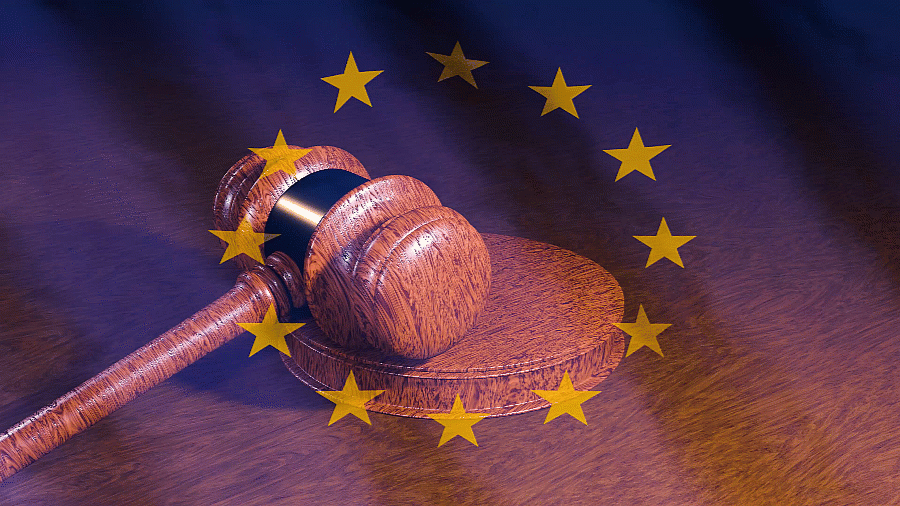The eIDAS regulation (eIDAS stands for "Electronic Identification And Trust Services") is a regulation on electronic identification and trust services for electronic transactions in the 28 member states of the European Union. eIDAS represents a real legal innovation, the stated purpose of which is to encourage the development of digital applications in Europe. The eIDAS is divided into two main points:
• Electronic identification
• Trust Services
• Electronic signature / remote signature
• Electronic seals / remote seals
• Electronic timestamps
• Audit and Preservation Service
• Electronic registered mail and delivery service
• Website authentication
The new EU regulation enables a new, simplified procedure for personal electronic signatures. The qualified certificate does not necessarily have to be on a smart card, but can be kept in a secure IT environment of a qualified trust service provider. This means that the electronic signature can also be triggered remotely, for example with mobile devices such as tablets and smartphones.
With the publication of the eIDAS Implementation Act on July 28, 2017 in the Federal Law Gazette, it came into force on July 29, 2017. At the same time, the Signature Act of May 16, 2001 and the Signature Ordinance of November 16, 2001 are no longer in force. The core of the eIDAS Implementation Act is the Trust Services Act (VDG). This transposed the EU regulation eIDAS into national law.


























